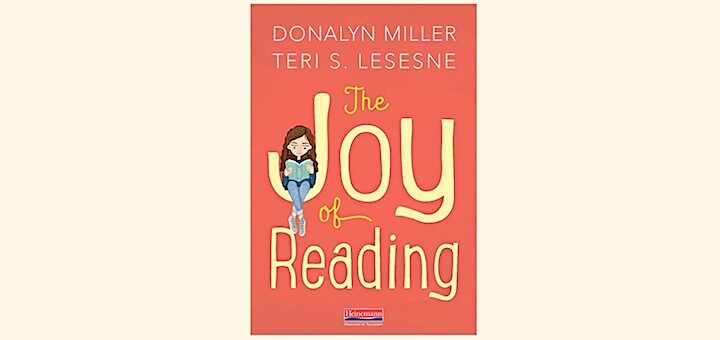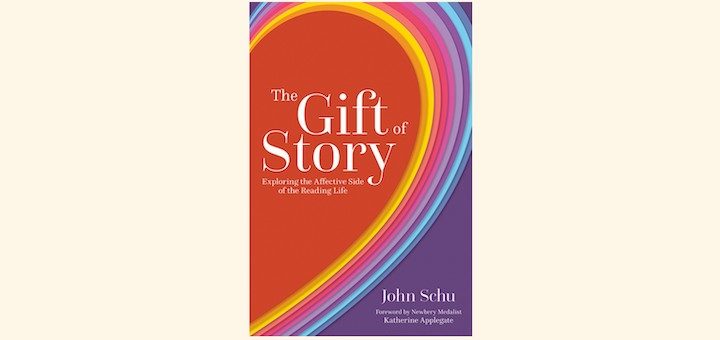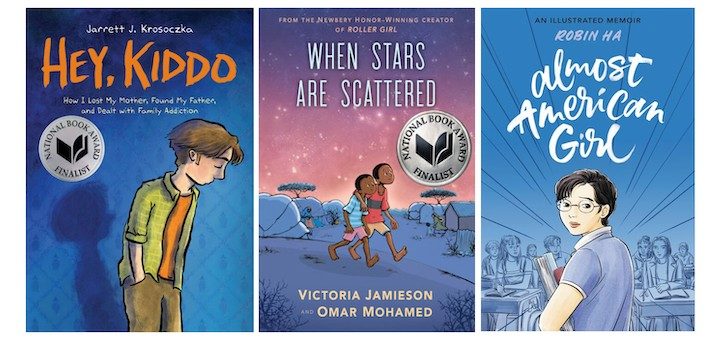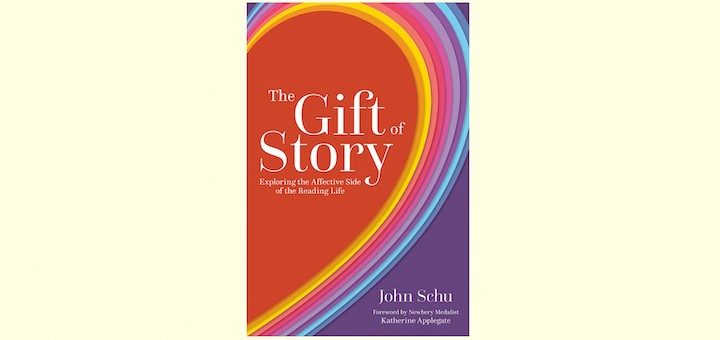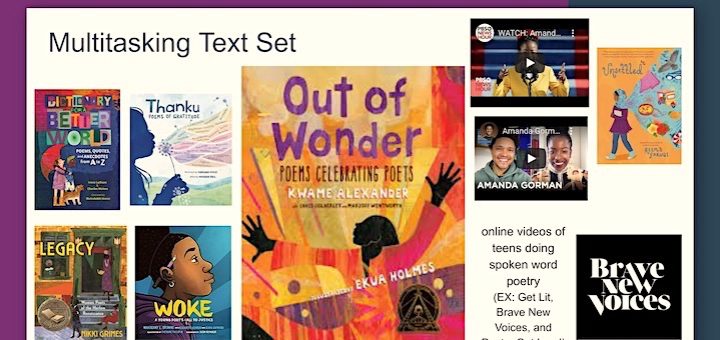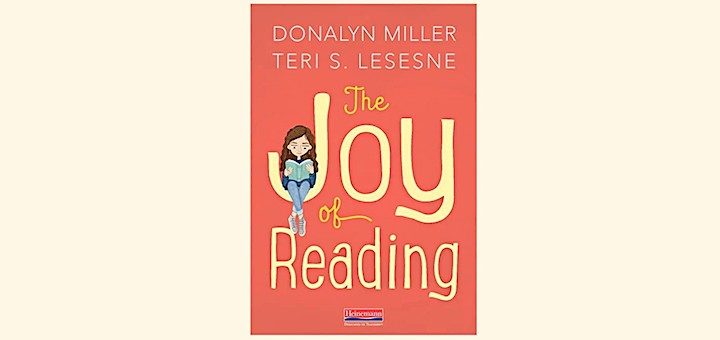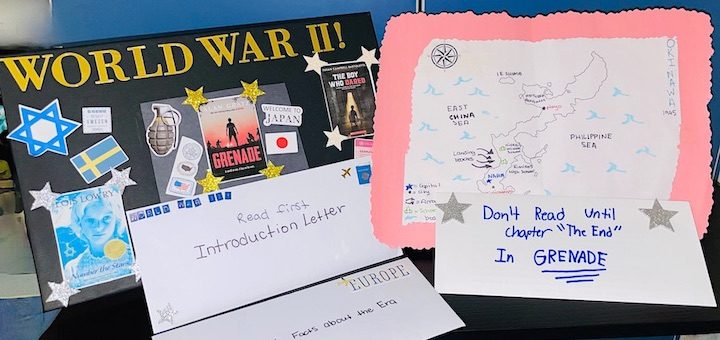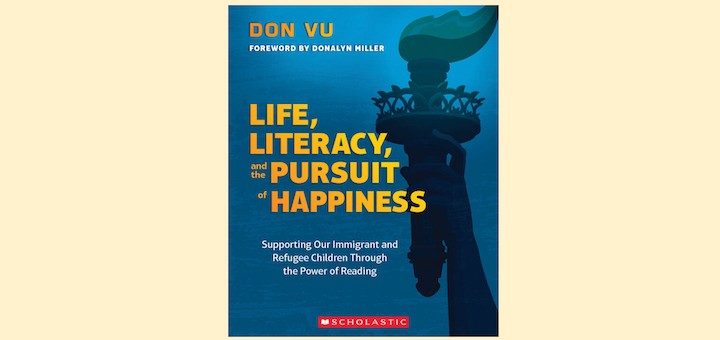What Kids Gain When We Don’t ‘Teach’ Books
Choice in reading is about student autonomy and motivation. It’s especially effective with kids who don’t like to read. Stephanie Farley’s well-honed system lets 8th graders read any text they choose AND meets standards – even though they never all read the same book.


